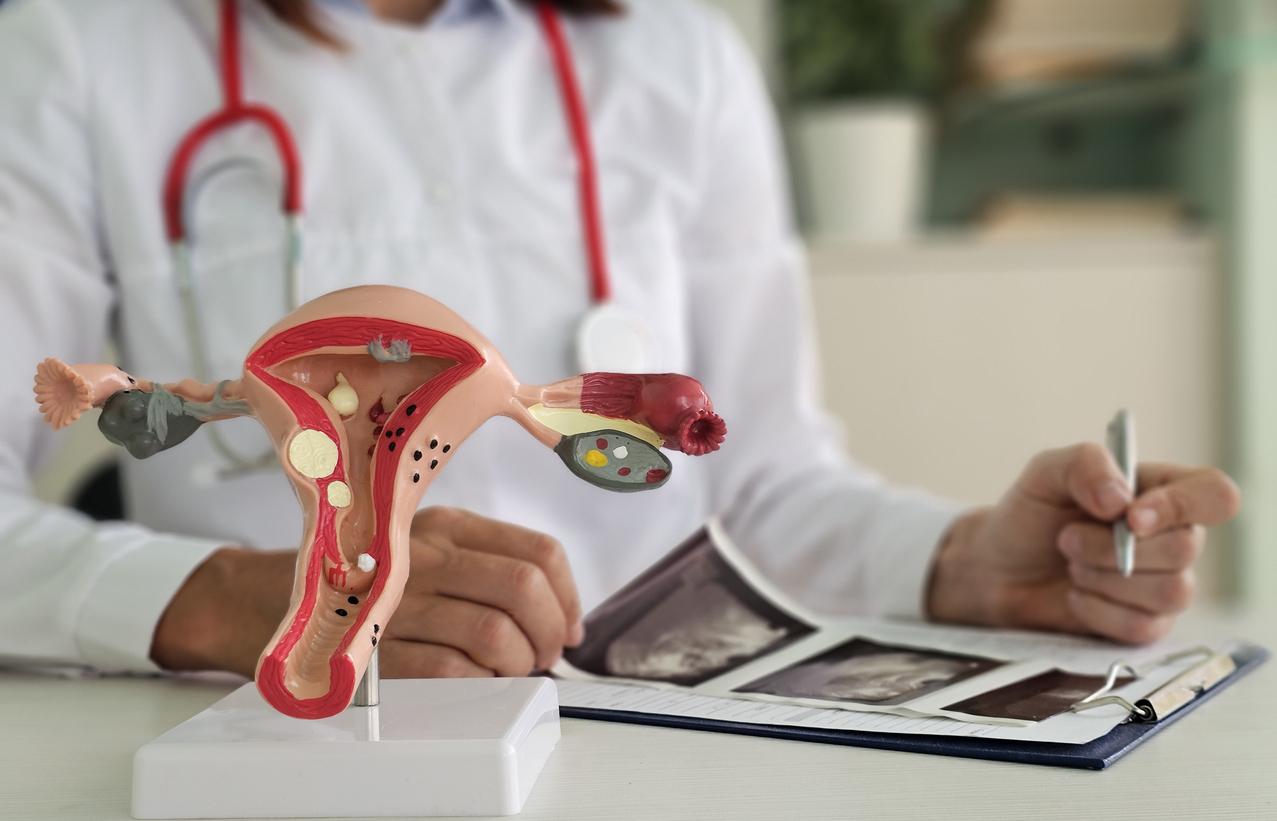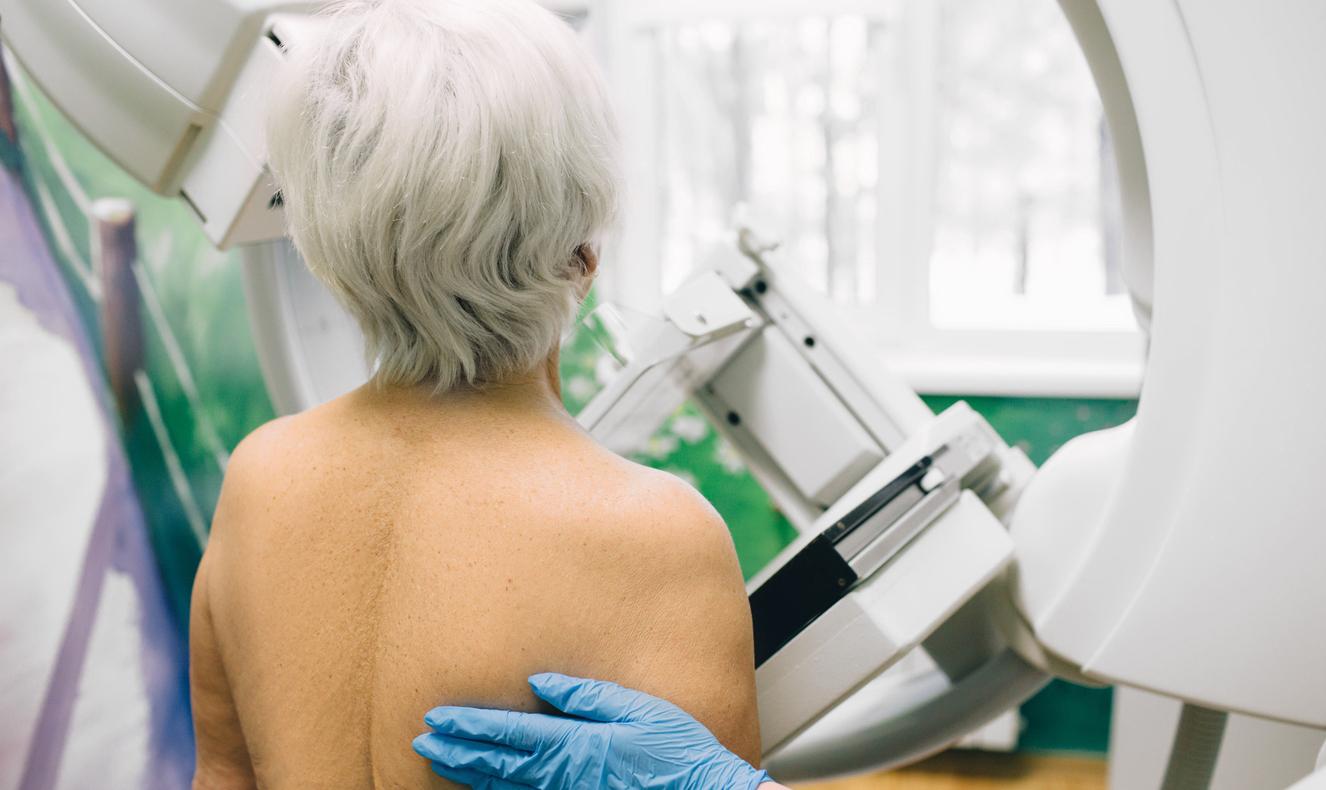INTERVIEW – Organized breast cancer screening will evolve. Marisol Touraine wants to reinforce the message and place general practitioners at the heart of the system from which they were excluded.

To be convincing, organized breast cancer screening must change. The Minister of Health, Marisol Touraine, called for a “deep renovation” of the current system. It is based on the recommendations issued by the National Cancer Institute (INCa) and the results of citizen and scientific consultation. Because the existing program struggles to convince: 52% of targeted women perform a mammogram with the mail addressed to them.
While the brochures clearly emphasize the benefit of screening, they are more concise on the risk of overdiagnosis. Hence the need for a major modification for the people questioned.
This is also the message of the National College of General Teachers (CNGE) which denounces “truncated information” in a press release. A timely exit: the new organized screening program should precisely place general practitioners at the heart of the system. Why actor therefore contacted Prof. Vincent Renard, president of the CNGE.
Why are you denouncing truncated information?
Prof. Vincent Renard: In official documents, the advantages of organized screening are presented above all. The disadvantages are not treated in the same way. The benefits are quantified in terms of illnesses and deaths avoided, but the drawbacks remain unclear. In our opinion, women are not sufficiently informed to make a transparent and enlightened choice. This leads to a situation in which a certain number of patients realize that the device is oriented and no longer trust the institutions. We have seen this phenomenon with vaccines.
How do you welcome this future plan?
Prof. Vincent Renard: This is a new plan that emphasizes screening and even prevention. In this sense, it is a good measure because France still has a lot of progress to make, probably, to improve a certain number of population health indices and, individually, the future of patients. However, the information must be sufficiently relevant and balanced so that they can make a choice. At a time when the emphasis is on involving the patient, this is the best way to involve them.
 Listen…
Listen…Vincent Renard : ” Culturally, the health system was not organized towards prevention and screening and there is mistrust vis-à-vis institutional messages. “
The attending physician will be the keystone of the plan. Do you have the time and the necessary tools?
Prof. Vincent Renard: One of the shortcomings of the current campaign lies in the exclusion of primary care and general practitioner. Structurally speaking, the tools and the time raise a lot of questions. To make a certain number of elements available, we need better quality tools to explain the issues to patients.
Regarding the time available, we consider that an increasing part of the activity of the general practitioner should be oriented towards prevention and screening. If it takes time, part of the consultation must be dedicated to it. We are in an inevitable evolution of the profession. Healthcare professionals and patients alike have to gain from this.
.















